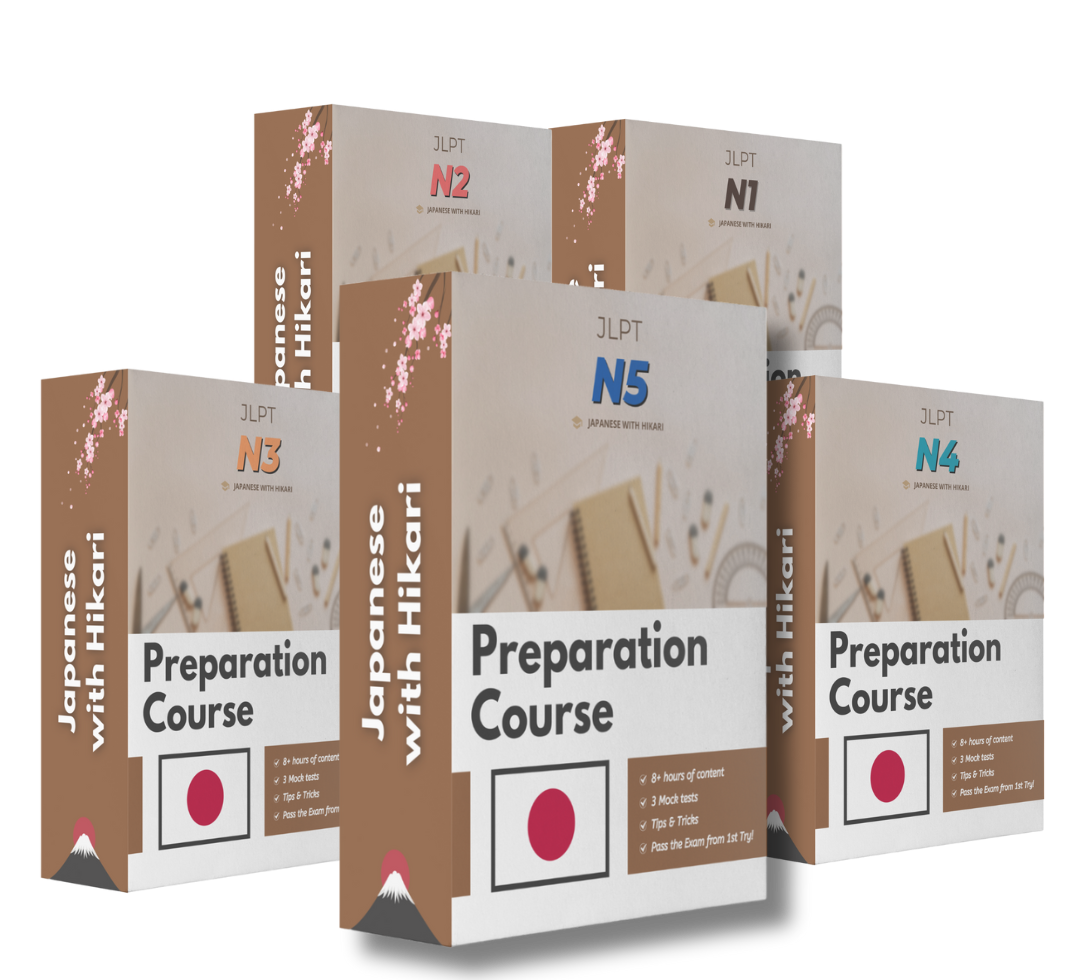JLPT N2 - Grammar 🌟 ということは toiukotoha

Your friend says, “The trains have stopped running, and they won’t be restored today.”
You pause for a moment and reply, “That means we’ll have to take a bus or taxi.”
In Japanese, a natural connector for this situation is ということは.
This phrase is often used when you want to draw a conclusion or confirm what follows from the current situation.
Once you start using this expression, your conversations in Japanese will flow much more smoothly!
Let’s take a closer look at how it works.



つまり (tsumari) → means “in short / in other words” (used for summarizing).
プロジェクトのスケジュールが急に変更になった。つまり、このタスクは今週中に終わらせなければいけないということだ。
purojekuto no sukejuuru ga kyu ni henkou ni natta. tsumari, kono tasuku ha konshuu chuu ni owarasenakereba ikenai to iu koto da
The project schedule suddenly changed. In other words, this task must be finished within this week.
要するに (yousuru ni) → more formal, often used in discussions or writing.
君の話はわかった。要するに、今日は遅刻するってことだね?
kimi no hanashi ha wakatta. yousuru ni, kyou ha chikoku suru tte koto da ne?
I understand what you’re saying. In short, you mean you’ll be late today, right?
電車が止まっているんだね。ということは、バスかタクシーで帰らなきゃいけないね。
densha ga tomatte iru n da ne. to iu koto ha, basu ka takushii de kaeranakya ikenai ne
The trains have stopped. That means we’ll have to take a bus or taxi home.
この店のスタッフさん、日本語しか話せないんだ。ということは、日本語を話す練習になるね。
kono mise no sutaffu-san, nihongo shika hanasenai n da. to iu koto ha, nihongo o hanasu renshuu ni naru ne
The staff at this shop only speak Japanese. That means it’s a good chance to practice speaking Japanese.
明日は祝日ですね。ということは、銀行は休みです。
ashita ha shukujitsu desu ne. to iu koto ha, ginkou ha yasumi desu ne
Tomorrow is a holiday. That means the bank will be closed.
いつも時間に正確な彼がまだ来ていない…ということは、何かあったのかもしれないね。
itsumo jikan ni seikaku na kare ga mada kite inai… to iu koto ha, nanika atta no kamo shirenai ne
He’s always punctual, but he hasn’t arrived yet… that means something might have happened.
日本語能力試験のN2に合格したんですね!ということは、かなり上級レベルですね。
nihongo nouryoku shiken no N2 ni goukaku shitan desu ne. to iu koto ha, kanari joukyuu reberu desu ne
You’ve passed JLPT N2! That means you’re already quite advanced!
雨が降り始めましたね。ということは、試合は中止になるかもしれない。
ame ga furi hajime masita ne. to iu koto ha, shiai ha chuushi ni naru kamo shirenai
It just started raining. That means the game might be canceled.
ひかり先生が「次回はテストです」と言った。ということは、今週末は勉強しないといけないな。
Hikari sensei ga “jikai ha tesuto desu” to itta. to iu koto ha, konshuumatsu ha benkyou shinai to ikenai na
Hikari sensei said, “Next time is the test.” That means I’ll have to study this weekend.

- Grammar Point: ということは (to iu koto ha)
- JLPT Level: N2
- Meaning: That means, in other words, that is to say
- Quick Explanation: ということは is used when you take the information you just heard (or observed) and then restate it, interpret it, or draw a conclusion.
So that’s how we use ということは in Japanese!
It’s super useful when you want to confirm, rephrase, or draw a conclusion from what someone just said.
In this blog, I also shared some practical example sentences.
ということは… you’re probably dying to try using ということは right now, aren’t you? 😆
Be sure to find an opportunity to use it!
It will make your speech sound more natural and logical!
Your Sensei,
Hikari 👩🏻🏫
Get Hikari's JLPT Mock Exams & Preparation Lessons!
Whether you are studying to pass the JLPT or looking for a challenge in your learning journey, these courses are perfect for you!
Join my ニュースレター Newsletter 📩
You can expect an email from me once a week about Japanese culture.
Don't worry, your information will not be shared.
We hate SPAM. We will never sell your information, for any reason.





